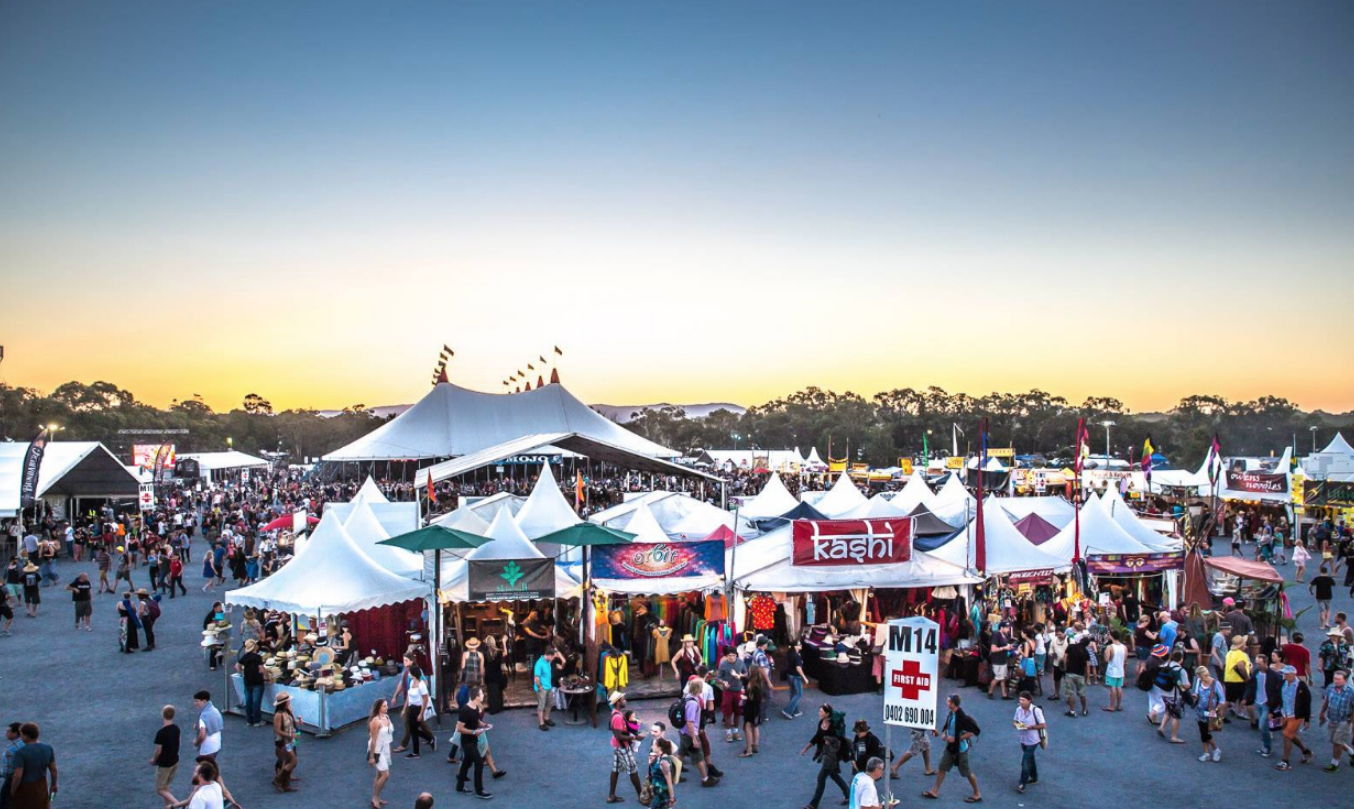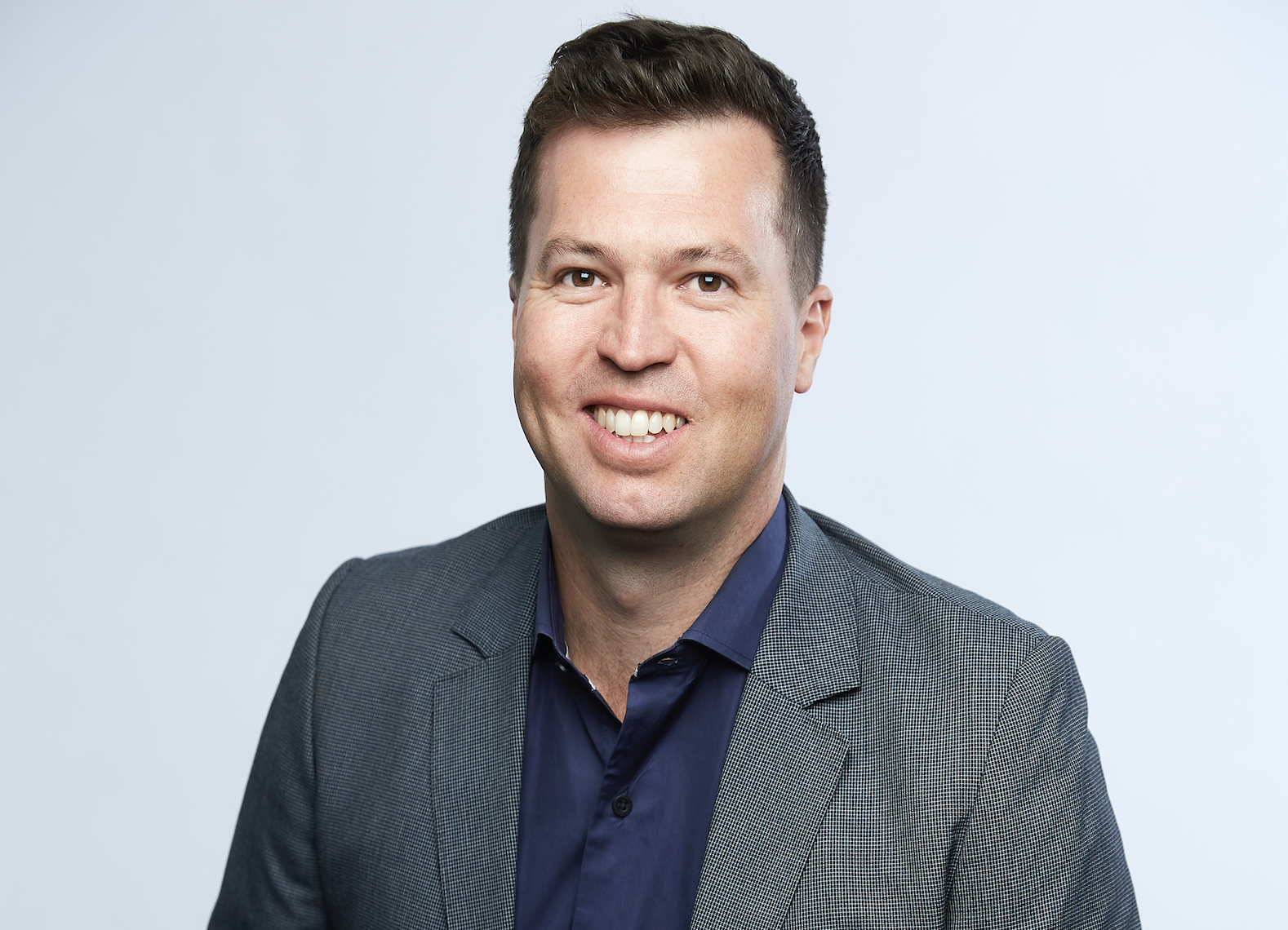Why festivals can insure against terror attacks but not pandemics

Against all odds, Australian promoters are remaining positive. New festivals are sprouting up while established ones are returning for summer and beyond.
One major operator said, “All we want to do is get back to work – but we need that certainty.
“If, after closing in 2020, and a cluster breaks out in our region in 2021, we won’t survive. As it is, it’ll take years for the scene to recover.”
In recent weeks, festival promoters have been voicing concerns that insurance companies will not include COVID-19 and communicable diseases in their policies.
Financial risks are already immense for major events – they could cost up to $10 million between setting up and opening the gates. These include mostly non-recoupable deposits for artists, suppliers, airlines and construction.
Once inside, beverages, food and camping will cost another $5 million at least.
If the event is closed down by health officials, as was commonplace in 2020, what do you do if you have no insurance? Ironically, insurers do cover terrorist attacks for festivals – something which they have been doing since the September 11 attacks in the US. However, cover for communicable diseases is a different story.
Bluesfest Byron Bay is one of the few festivals covered for communicable diseases and director Peter Noble tells TMN it was a stroke of good luck.
“About five years ago when we took out the policy, there was a bout of gastro in the Byron area and we thought we would pay an extra premium and tick that box,” he said.
“If we had needed to use it, the audience would have got their ticket money back.”

But travelling festival Groovin’ The Moo, which was shut down six weeks before kicking off, was not as lucky. Promoter Kathryn Holloway told the ABC, “Virtually everything was gone overnight. There was a huge financial loss and emotional loss.
“We were able to recover some of the deposits, as we have great working relationships with suppliers. But in order to ease our financial loss, those suppliers also had a financial loss.”
The festival industry’s solution for operating without proper insurance is to campaign for Federal Government intervention. They have proposed a live entertainment business interruption fund which would be underwritten by the government.
Noble explained: “It could either be insurance or some money put aside, to incentivise festivals to go out and trade. This has been done in WA.
“What it means is that if there’s a cluster in an area, which leads to the closure of an event, the presenter will be incentivised knowing that they have a cushion.
“For us to go ahead, we need to feel that the government has got our back.”
Roger Field, president of Live Nation Asia-Pacific, said Australia is a very self-sufficient industry.
“However, we need the support of the government in respect of losses incurred due to interruptions caused by the imposition of COVID-related restrictions.
“This small safety net would allow us to get back to investing in our events and communities as we return safely and responsibly.”

There is already a precedent: the Federal Government set up a $50 million fund for the screen production sector to get back to work, and movies and TV shows to start filming again.
“Event fans contribute significantly more spending in the local economy, so there’s even more value in figuring out this solution to get our shows back on the road,” Field said (pictured above).
Promoters have other uncertainty to deal with: How soon can they hit the profit scale of 85%-90% capacity and how will the end of JobKeeper impact promoters and their audiences?
Despite setbacks, as a Senate estimates hearing recently discovered, that federal bureaucrats have been asleep at the wheel when it comes to getting emergency funding to the music sector, a wave of optimism is sweeping parts of the live music industry as restrictions are slowly relaxed.
The Tasmanian Premier, Peter Gutwein, announced last Friday (October 23) new measures from December 1 which will allow major events—including music festivals – to be held.
Gutwein said these events will “not operate as normal” and must be “well-managed”.
Elsewhere, new festivals are beginning to emerge, while others are expanding.
Zaccaria Concerts & Touring is extending its outdoor concert series SummerSalt to Canberra, Darwin and Hobart this summer.
The Gold Coast will hold the inaugural Feedback Festival between December 3-13, with 50 acts playing across ten music venues and secret pop-up sessions, and serving as a tourism boost.
Sound Australia has a star-studded bill for the inaugural travelling country music Savannah In The Round in October 2021, while The Adelaide Guitar Festival becomes an annual event from 2021, with stages in more regional centres.






























